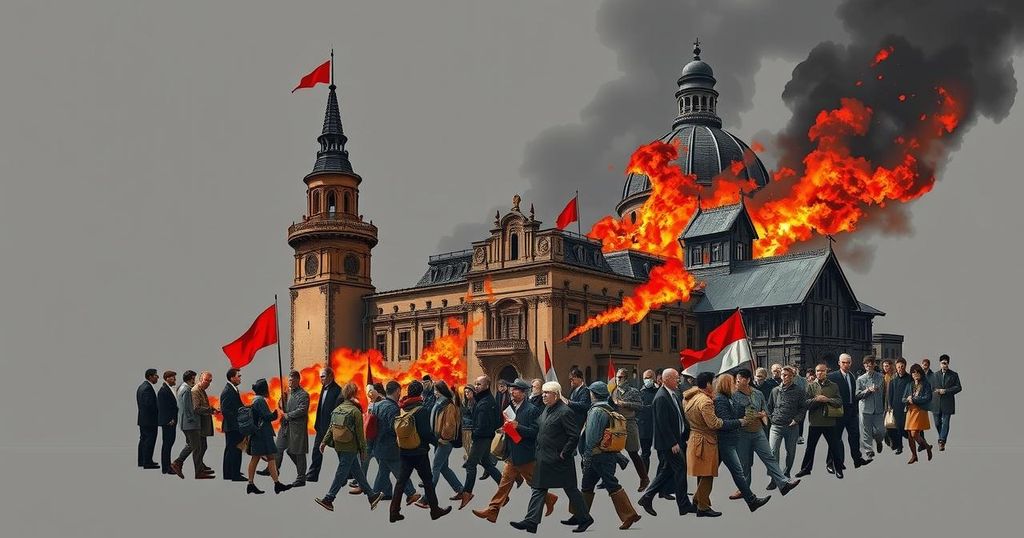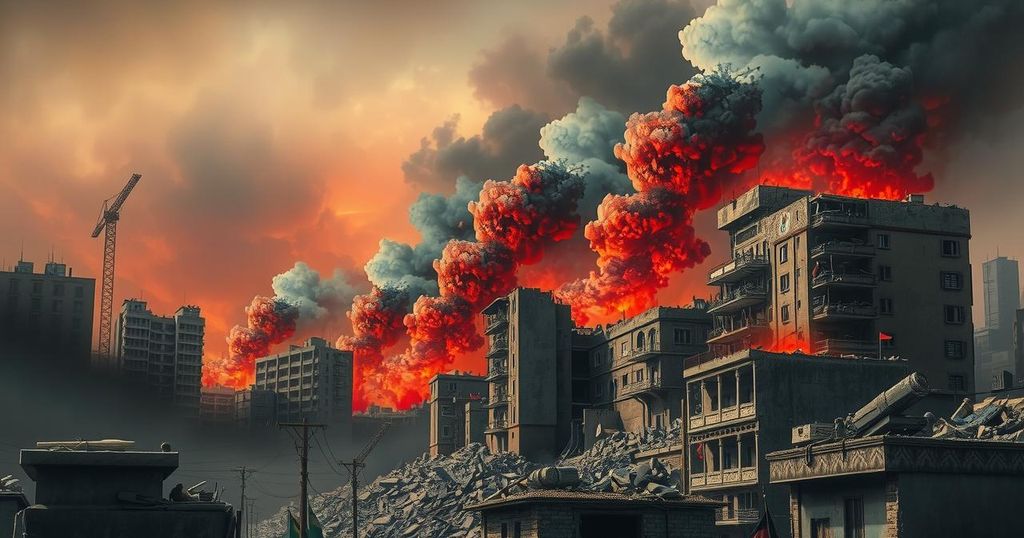Conflicts
2ND MARINE LOGISTICS GROUP, AMERICA, ARGENTINA, ASIA, BOARD OF DIRECTORS, CIVIL WAR, DEFENSE, EMERGENCY MANAGEMENT AND, GEORGE WASHINGTON, LINDSAY CHERVINSKY, MA, MILITARY, NANCY ZIRKIN, NATIONAL SECURITY, SOUTH AMERICA, TAIWAN, U. S. INSTITUTE OF PEACE, U. S. MARINE CORPS, WASHINGTON
Dante Raeburn
USIP’s Annual Event Highlights Veterans’ Role in Post-Conflict Stability
The annual event “First in War, First in Peace” hosted by USIP focused on the pivotal contributions of military veterans to peace and democracy. Esteemed speakers discussed the importance of veterans’ insights in achieving stability in post-conflict regions and the integration of civil society in promoting peace.
The U.S. Institute of Peace (USIP) recently organized its annual event, “First in War, First in Peace,” honoring George Washington’s legacy and recognizing the contributions of military veterans to conflict resolution and post-conflict stability. The program featured esteemed speakers, including Brigadier General Maura Hennigan and Colonel (Retired) Carolyn Washington, who discussed the essential roles veterans play in fostering democracy and security. Participants explored the impact of military efforts in conflict zones and examined strategies for achieving long-term stability. This year’s discussions emphasized the intersections of military service and civil society in maintaining peace and preventing future conflicts, affirming the importance of integrating veteran insights into broader conversations about national security and resilience.
The event “First in War, First in Peace” is a significant initiative by the USIP that engages military veterans in discussions about their roles and contributions to peacebuilding and conflict resolution. Inspired by George Washington’s foundational role in American history, the program serves as a platform for understanding the complexities of military engagement in post-conflict scenarios, emphasizing nonviolent approaches to achieving stability and democracy. The interplay between military actions and civil cooperation is vital for securing lasting peace in regions affected by conflict.
In conclusion, the USIP’s annual event successfully highlighted the indispensable role of military veterans in post-conflict discussions. As the program illuminated the critical link between military service and democratic stability, it reiterated the necessity of integrating veteran perspectives into policy dialogues. Moving forward, continued emphasis on civil-military relationships will be essential in fostering resilience and ensuring ongoing peace and security.
Original Source: www.usip.org







Post Comment